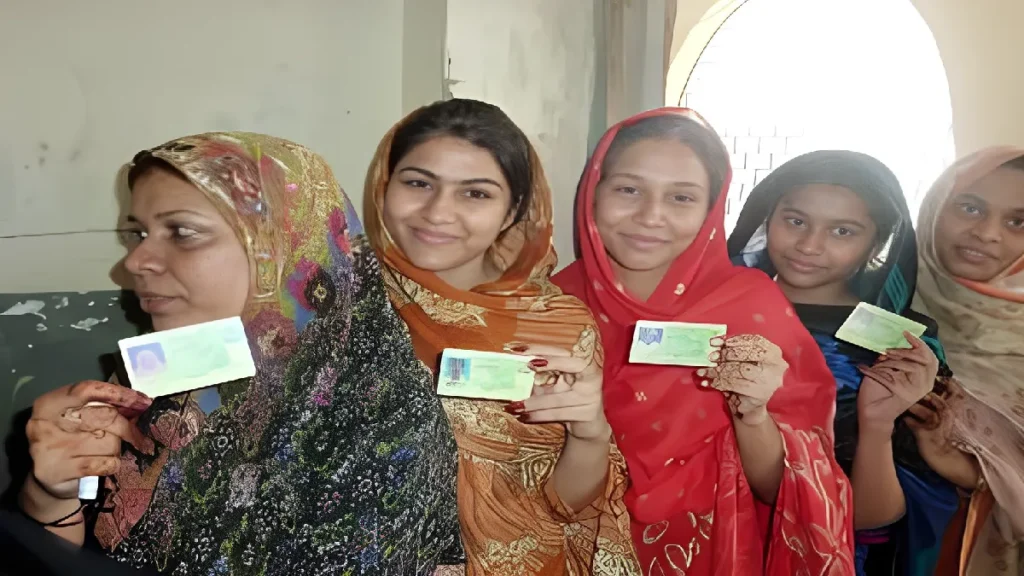Table of Contents
There are different social levels in Pakistan based on race, which is called “castes.” People all over the world, not just in Asia, argue about which group is the best in Pakistan. This division shows how cultures are ranked by the types of families they have. But the terms that define them are a lot less painful and awful. And our dear country is not an exception to this cruel scheme.
In this article, we talk about the top 7 castes in Pakistan that aren’t even close to as cruel as those in our nearby state. Basically, the caste system here doesn’t really set different social groups apart that much. We can say with confidence that this kind of “system” is more of a defining characteristic than a dividing force.
Top 7 Castes In Pakistan Worth Discussing
There is no doubt that the caste system in South Asia has a long past and many different forms. Pakistanis and Indians come from pretty much the same cultural background. In Pakistan, the caste structure is based on where you were born.
Castes are based on the jobs that people in the town have. The caste system basically divides and classes people based on the social standing they were born into. This is a way to explain a lot of different societies. People in a caste system are supposed to marry and hang out with people from the same social class.
We have a lot of different castes, but the highest group in Pakistan needs to be mentioned.
Butt
A lot of people in the Kashmir Valley have the last name Butt. People who live in Pakistani Punjab use the word “Butt” to refer to everyone. People think that The Butt has a strange mind. Most people think of them as cocky and proud. The way they look is beautiful, and they like eating healthy foods.
Jutt
The Jutt people live in Northern Pakistan and have generally been farmers. According to history, the Jutt were a brave, loyal, and courageous caste who mostly lived in country areas. How each person feels about the Jutt is different. If you want peace and quiet in your home, you should stay away from this caste. They are always ready to fight and love to argue with people from the same group. Some of them might own land.
Rajpoot
Rajpoot means “son of the king” in English. In Pakistan, India, and Nepal, they are a well-known social group. They say they come from India’s royal warrior families of the past and have roots in Rajpootana, which is in the state of Rajasthan. The Rajpoot are expected to be brave, loyal, self-sufficient, physically strong, tough, logical, persistent, hardworking, and strategic in terms of their military. In a broad sense, they are seen as a fighting race.
Sheikh
The word “sheikh” comes from an Arabic word that means “lord,” “elder of a tribe,” “honorable,” or “Islamic scholar.” The term is usually given to Muslim families who trade. In the past, most of them were from Iran, other parts of Central Asia, and Arab countries. Most of the time, they are business and trade people. In social situations, they are aware of how they look and work well with their family. They only marry people from the same caste or family. They are somewhat bad because they like to keep their money to themselves.
Mughal
The Indian subcontinent was first controlled by the Mughal dynasty. As the Mughal kingdom fell apart, most of the Mughals who were still alive had to leave their homes. They left their land and money behind in the process. Because they loved building, some of them became builders, while others learned how to work with metal and wood.
Gujjar
People think of the Gujjar as an important and ancient tribe. There are a lot of Gujjars in Pakistan, India, and Afghanistan. These villages are mostly agricultural (dairy and livestock farming) and pastoral. They are a very diverse group in terms of both language and religion.
Qureshi
Qureshi means having ancestry from the Quresh, which was the most honorable Arab group and where Prophet Muhammad (PBUH) came from. Qureshi are a group of people from different ethnic groups who live in Pakistan, India, and Bangladesh in South Asia. In the past, there were more Qureshis in Sindh because Arabs moved there and married local women. It is common for people from the Quresh caste to work as butchers in the Indian state of Bihar. People in the neighborhood kill all kinds of animals, from goats to buffaloes.
Because they have feudal roots, Pakistan’s top 7 castes show how important jobs and careers are for agricultural output. Because they made tools for farming, blacksmiths and carpenters have always been important and had a higher standing.
Pakistan is mostly an agricultural culture that isn’t very well developed. The caste system is religiously okay in Hinduism, but it has no place in a Muslim society that is becoming more industrialized and replacing tribes with classes.



